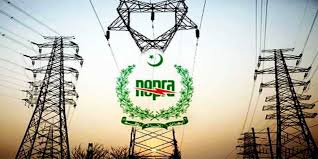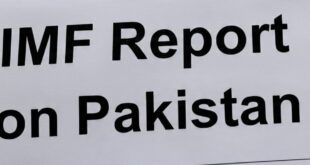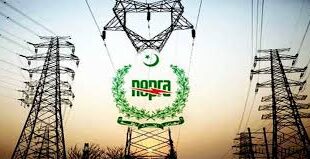
The National Electric Power Regulatory Authority (NEPRA) has concluded its hearing on the tariff revision requests submitted by the Central Power Purchasing Agency (CPPA) and seven Independent Power Producers (IPPs). The final decision on consumer relief will be announced once NEPRA completes its review of the relevant data.
During the proceedings, the IPPs urged NEPRA to halt investigations into their profit margins, arguing that they were within normal limits. Meanwhile, the CPPA clarified that it had already recovered operation and maintenance costs from the IPPs and assured that the resulting savings would be shared with the government.
A representative from Nishat Power appealed to NEPRA to consider their request as conditional, linking the tariff revision to the resolution of all pending legal cases against them. In addition, the IPPs have challenged NEPRA’s notices in the Islamabad High Court. A representative from Power Tech also called for the withdrawal of suo motu proceedings against them.
Separately, the government has successfully concluded negotiations with 29 IPPs for contract revisions, with further agreements expected in the coming weeks. During the hearing, CPPA briefed NEPRA on the progress of these negotiations. Meanwhile, a representative from Narowal Energy stressed the importance of developing a structured pricing mechanism for furnace oil.
According to the CPPA, the agreements with seven IPPs are expected to result in a 50-paisa per unit reduction in electricity prices, based on last year’s reference generation values. However, consumers expressed concerns over the overall relief they would receive, considering negotiations had been conducted with over 20 IPPs. They also questioned how much of the current Rs 2 trillion in capacity payments would be reduced as a result of these agreements.
CPPA officials confirmed that the IPPs involved in these negotiations were part of the agreements previously made with the government. However, concerns were raised over a letter sent by 10 IPPs to the Prime Minister, in which they alleged that they were being pressured into compliance. CPPA dismissed these allegations, asserting that the government has the right to negotiate with IPPs and emphasizing that no coercion had taken place.
The hearing also covered several critical issues, including the exchange rate adjustment mechanism, the take-and-pay payment system, and the insurance cap. CPPA provided NEPRA with a detailed briefing on the agreements reached with the IPPs.
CPPA’s Managing Director revealed that the IPPs had voluntarily waived late payment surcharges amounting to more than 11 billion rupees. Additionally, both CPPA and the IPPs agreed to withdraw their respective legal cases from the courts.
Consumers further questioned whether negotiations had been limited to just the seven IPPs. CPPA officials clarified that these particular IPPs were established under the 2002 policy and that discussions with them would lead to a 50-paisa per unit reduction in electricity prices. They also noted that overall agreements with the IPPs are expected to yield financial benefits of Rs 920 billion over the operational lifespan of the power plants.
During the hearing, a journalist raised concerns about whether IPPs had been pressured into signing the agreements, pointing out that some had written letters to the Prime Minister regarding alleged coercion. CPPA officials reiterated that the negotiation process was entirely voluntary and transparent. They stated that any IPPs unwilling to sign agreements had simply opted out, citing the example of Halmore, which chose not to enter into a contract.
Following the conclusion of the hearing, NEPRA reserved its decision, which will be announced at a later date.
Meanwhile, a consumer inquired about the Prime Minister’s expected announcement on March 23 regarding a reduction in electricity prices. CPPA officials responded by saying that they had only learned about it through media reports.
 BeNewz
BeNewz




